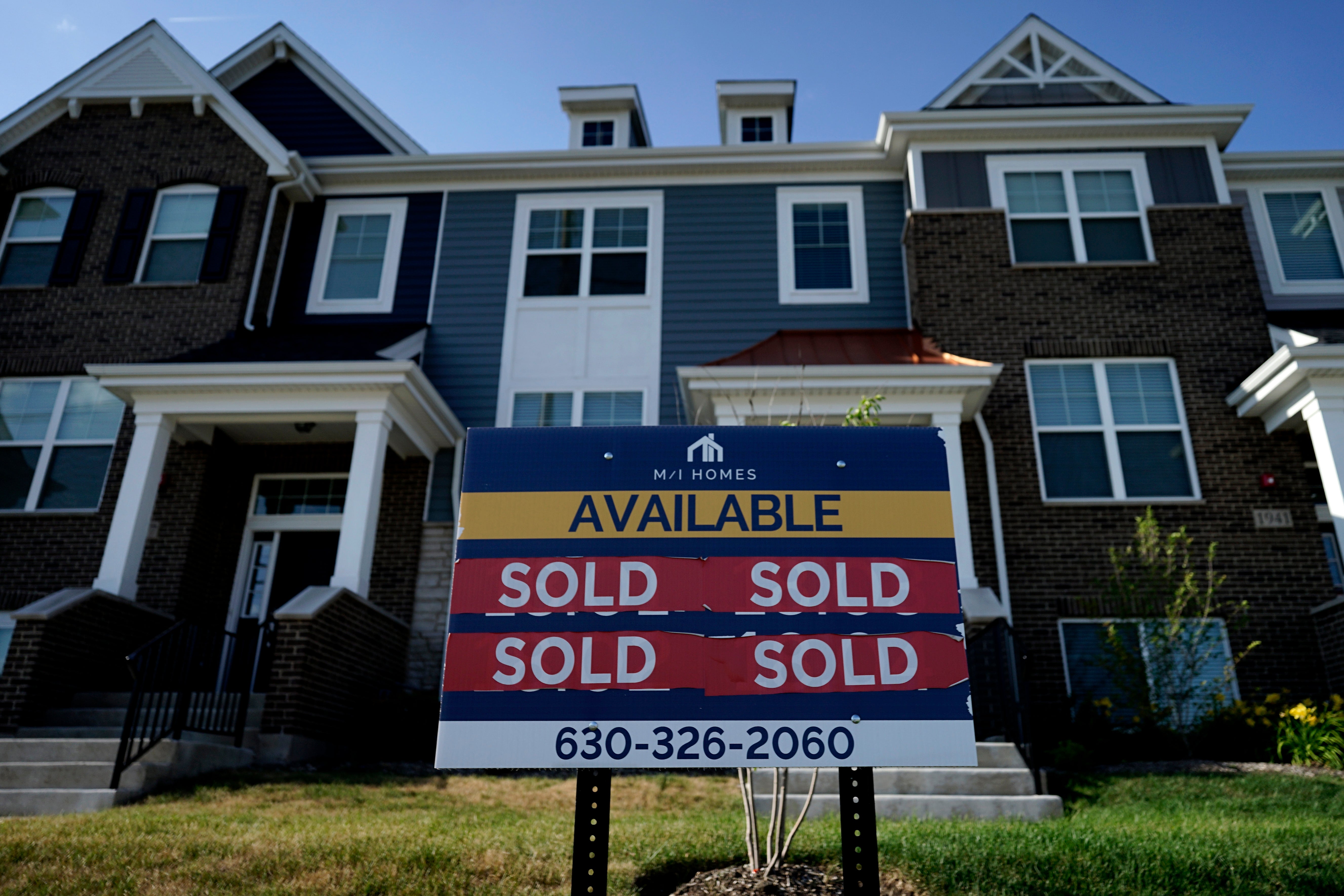US average mortgage rates continue to fall; 30-year at 2.90%
Mortgage rates continued to fall this week, tracking a decline in yields on Treasury securities as the bond market continues to signal concerns over the strength of the recovery from the pandemic recession

Your support helps us to tell the story
From reproductive rights to climate change to Big Tech, The Independent is on the ground when the story is developing. Whether it's investigating the financials of Elon Musk's pro-Trump PAC or producing our latest documentary, 'The A Word', which shines a light on the American women fighting for reproductive rights, we know how important it is to parse out the facts from the messaging.
At such a critical moment in US history, we need reporters on the ground. Your donation allows us to keep sending journalists to speak to both sides of the story.
The Independent is trusted by Americans across the entire political spectrum. And unlike many other quality news outlets, we choose not to lock Americans out of our reporting and analysis with paywalls. We believe quality journalism should be available to everyone, paid for by those who can afford it.
Your support makes all the difference.Mortgage rates continued to fall this week, tracking a decline in yields on Treasury securities as the bond market continues to signal concerns over the strength of the recovery from the pandemic recession.
Mortgage buyer Freddie Mac reported Thursday that the average for the 30-year home loan eased to 2.90% from 2.98% last week. By contrast, the rate stood at 3.03% a year ago.
The rate for a 15-year loan, a popular option among homeowners refinancing their mortgages, fell to 2.20% from 2.26% last week. Freddie Mac economists expect economic growth to gradually push mortgage rates higher in the second half of the year.
The bond market has been signaling the economic recovery concerns for months, specifically that it may have peaked and is now leveling off to a steadier pace. Home loan rates tend to track moves of the yield on the 10-year Treasury note — which rises when bond prices fall. The benchmark yield has been falling steadily in recent weeks as traders shift money into bonds. It was quoted at 1.30% around midday Thursday, after trading as high as 1.74% at the end of March.
The market concerns also spilled into stocks, which were broadly lower Thursday as investor caution set in after the market hit a series of record highs last week.
Last week’s government report on the job market in June showed that in an encouraging burst of hiring, U.S. employers added 850,000 jobs. That was well above the average of the previous three months and a sign that companies may be having an easier time finding enough workers to fill open jobs. But the Labor Department reported Thursday that the number of Americans seeking unemployment benefits rose last week by 2,000 from the previous week to 373,000.